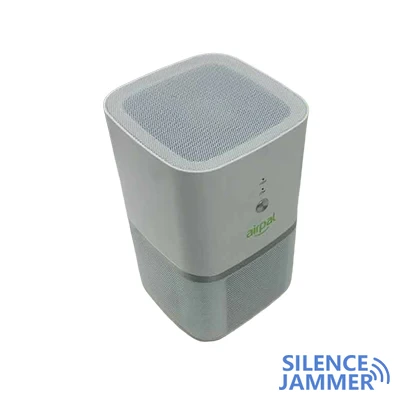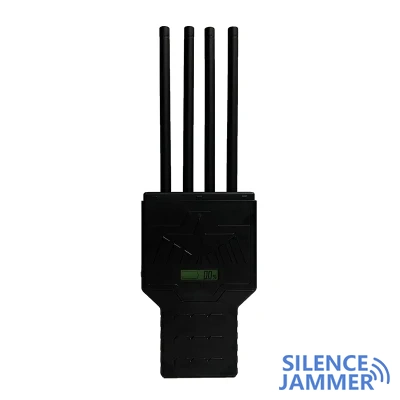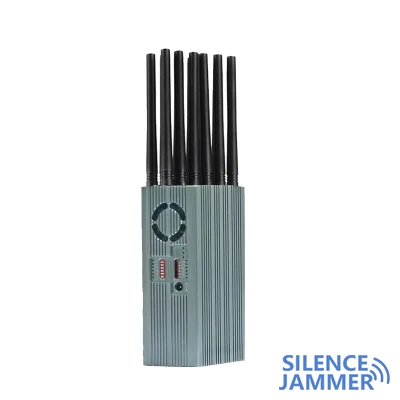Delhi prison strengthens communication control: new measures to deal with prison security crisis
Recently, a series of criminal planning cases have occurred in Delhi's Tihar Jail, which has aroused strong attention from the outside world on prison security and communication control. To this end, Delhi Chief Minister Arvind Kejriwal approved the establishment of a 10-member high-level technical committee to study the latest 5G signal jammer technology, focusing on solving various mobile signal blocking problems including 5G.

The expert group formed this time will be led by Sanjay Beniwal, Director of Delhi Prisons, and will include scientists from the Indian Defense Research and Development Organization (DRDO), scholars from the Indian Institute of Technology Madras and Bangalore, and senior security officials from the Intelligence Bureau (IB) and the Special Protection Group (SPG). The main task of the group is to explore and recommend the most advanced signal jammer technology to prevent prisoners from planning criminal activities outside the prison through mobile phones.
Frequent cases of communication crimes in prisons have aroused social concern
In recent years, the Delhi prison system has been plagued by prisoners using smuggled mobile phones for illegal activities. For example, the murder of the well-known Punjabi singer Sidhu Moosewala and the 20 billion rupee extortion case planned by Sukesh Chandrasekhar in prison have aroused social concerns about loopholes in prison communication control. Although the prison has taken a number of measures, prisoners still manage to break through the existing shielding means to communicate illegally, which poses a huge challenge to prison management.
According to an official of the Delhi government, the prison department has submitted a proposal to strengthen the prison's jamming system by setting up this high-level technical committee. The goal of the committee is to evaluate the effectiveness of new technologies in intercepting incoming calls, outgoing calls, text messages and data services, thereby improving the prison's communication control capabilities. "We hope to fundamentally solve the problem of prisoners using mobile phones for illegal activities through this technical upgrade," the official emphasized.
A senior prison official welcomed the move, noting that there are still many technical challenges in restricting prisoners' use of mobile phones. "Old 2G mobile phones often escape the monitoring of existing 5G jammer devices due to their strong signal penetration. In addition, the thick walls and corners of prison buildings often form "blind spots" that 5G jammer blockers cannot cover." The official explained that the establishment of the expert group is therefore crucial to breaking through the existing technical bottlenecks.
In addition, the technical committee will also work on how to intercept 5G signals. Compared with 2G and 4G, 5G signals have higher frequencies and faster transmission speeds, making them more difficult to block. To this end, the committee plans to propose a feasible proposal to install base station transceiver (BTS) towers around prisons through technical research to completely block unauthorized communications.
By establishing this technical group composed of scientific research experts and intelligence officials, the Delhi government has demonstrated its determination to combat illegal communications in prisons. In the future, as technology continues to advance, prison management hopes to completely eliminate the possibility of prisoners using mobile phones for criminal activities and provide a more solid technical guarantee for the overall security of the Delhi prison system.





